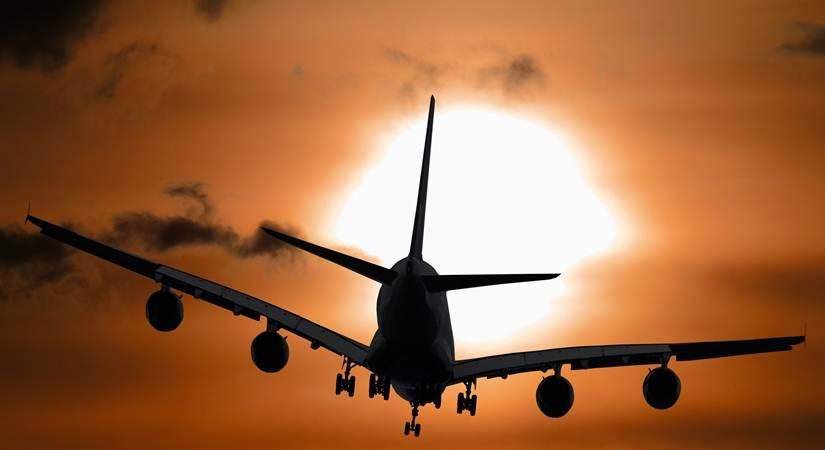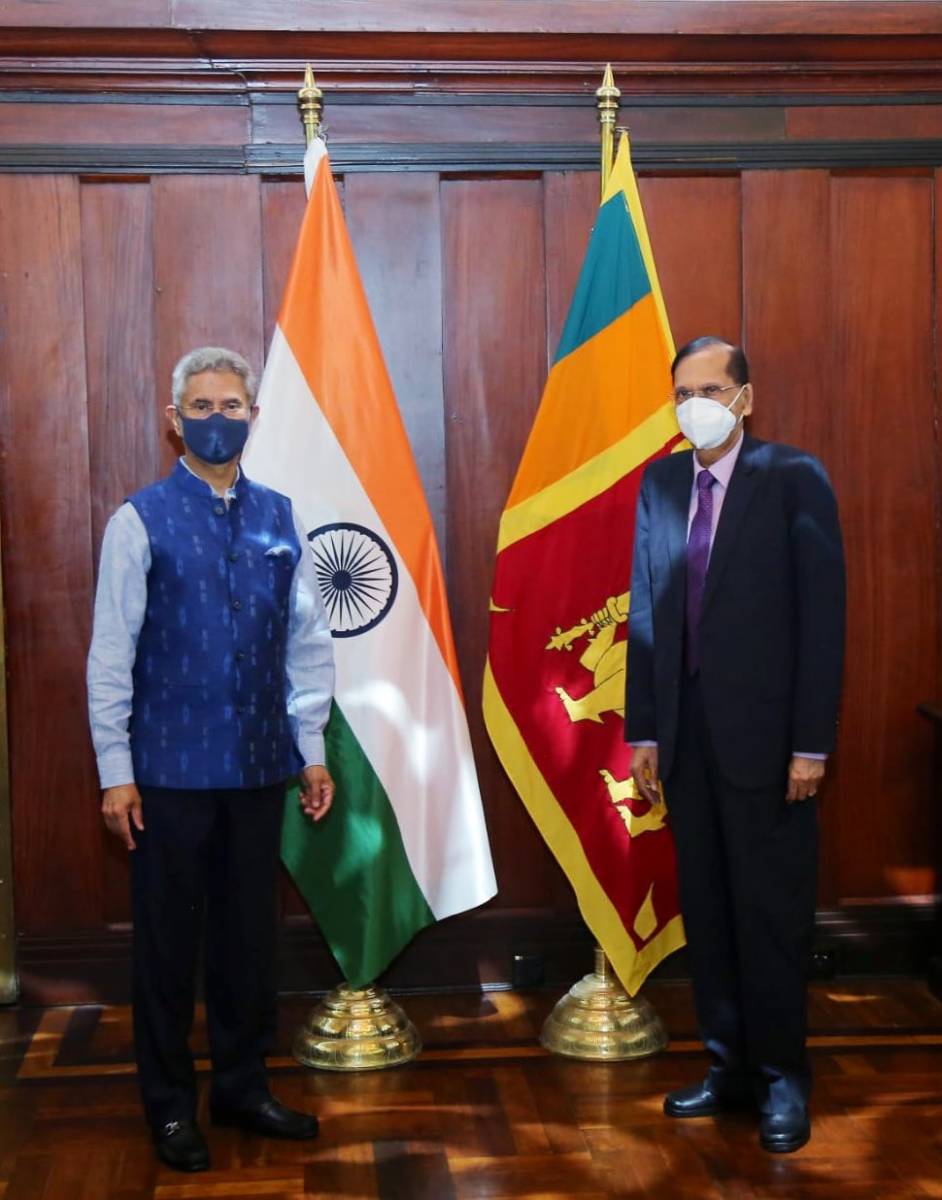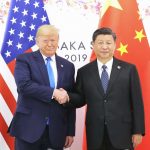The Yellow River basin is usually lashed by frequent rainfall in late June. The Commission has ordered immediate campaigns to identify hidden risks in flood-control facilities and shore up the weak links….reports Asian Lite News
The Yellow River, China’s second-longest river, may face higher risks of floods this summer in the middle and lower reaches due to increased rainfall, authorities said.
The Yellow River basin is expected to see much more rainfall this summer, with parts of the middle and lower reaches to receive up to 40 per cent more precipitation than the normal-year level, said the Yellow River Conservancy Commission of the Ministry of Water Resources on Wednesday.
Zhang Letian, an official with the Commission, was quoted by a CCTV news report as saying that, due to persistent impact of La Nina, increased rainstorms and floods will make disaster-control work more challenging, Xinhua news agency reported.
The region has already seen abnormal climate conditions this year. As of April 20, 64 per cent of the observatory stations in the basin had recorded meteorological drought while precipitation in some areas in the middle reaches has been extremely strong.
The Yellow River basin is usually lashed by frequent rainfall in late June. The Commission has ordered immediate campaigns to identify hidden risks in flood-control facilities and shore up the weak links.
Covid in China
The Chinese mainland reported 1,494 new locally transmitted confirmed COVID-19 cases and 47 deaths in the past 24 hours, the National Health Commission said on Thursday.
Of these local cases, 1,292 were reported in Shanghai while the rest of the cases were reported in 16 other provincial-level regions on the mainland including 56 in Jilin, 48 in Beijing, and 46 in Zhejiang, Xinhua reported citing the commission.
The country also reported 9,791 locally transmitted asymptomatic infections of the virus in the past 24 hours, of which 9,330 local asymptomatic carriers were identified in Shanghai.
As many as 2,724 COVID-19 patients recovered in the past 24 hours while 25,506 people are undergoing treatment in hospitals across the country.
With 47 deaths, all in Shanghai, reported in the past 24 hours, China’s COVID-19 death toll mounted to 4,923, Xinhua reported.
Meawhile, as the COVID-19 outbreak continues to spread in more and more cities in China, questions are mounting over the country’s zero covid policy.
The country’s much-publicized “zero-covid” strategy that the government credited for bringing the country out of the pandemic till recently is falling apart as the rapidly mounting cases are again forcing mass lockdowns like those seen in 2020.














